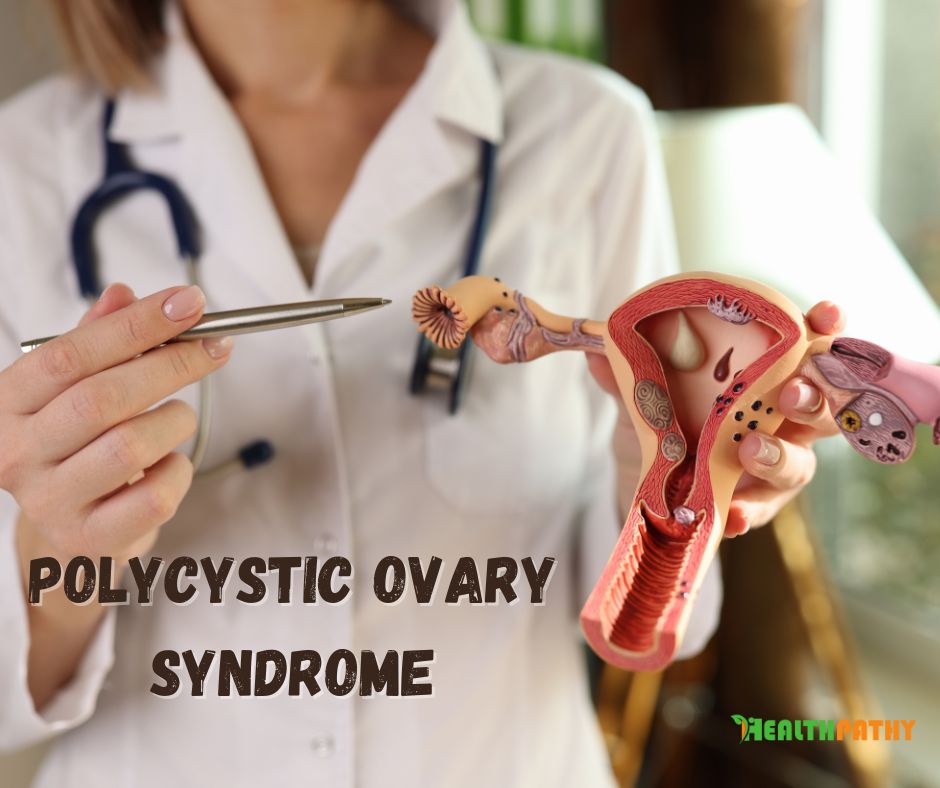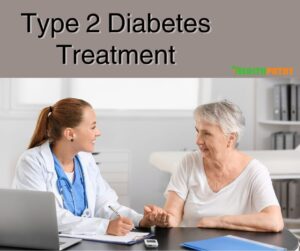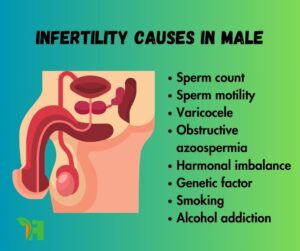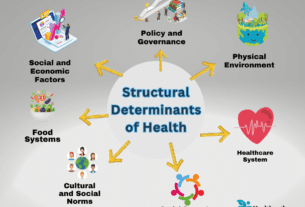Polycystic Ovary Syndrome, often referred to as PCOS, is a common hormonal disorder affecting individuals, primarily women of childbearing age. It’s a condition that has far-reaching consequences, influencing not only reproductive health but also the overall well-being of those affected. In this article, we will explore the intricacies of PCOS, including its causes, symptoms, diagnosis, treatment options, and its impact on fertility and emotional well-being.
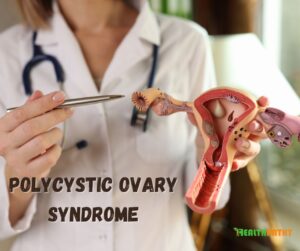
Causes and Risk Factors
Genetic Factors
PCOS is influenced by genetics, with a family history of the condition increasing one’s risk.
Insulin Resistance
Insulin resistance can lead to elevated insulin levels, which in turn can cause hormonal imbalances.
Hormonal Imbalances
Abnormal levels of androgens, the male hormones present in both men and women, are a hallmark of PCOS.
Symptoms of PCOS
Irregular Periods
The irregular menstrual cycle is a common symptom of PCOS, often accompanied by heavy or prolonged bleeding.
Excess Hair Growth
Hirsutism, or excess hair growth on the face, chest, and back, is another common symptom.
Acne and Oily Skin
Increased androgen levels can lead to acne and excessively oily skin.
Diagnosis and Testing
Medical History and Physical Exam
A thorough medical history and physical examination are essential for diagnosing PCOS.
Blood Tests
Blood tests can reveal elevated androgen levels, as well as insulin and glucose imbalances.
Ultrasound Imaging
Transvaginal ultrasound can help identify the characteristic cysts on the ovaries.
Treatment Options
Lifestyle Changes
Healthy eating and regular exercise can improve insulin sensitivity and regulate menstrual cycles.
Medications
Birth control pills, anti-androgen medications, and fertility treatments may be prescribed.
Surgical Options
In some cases, surgery may be necessary to treat PCOS-related complications.
Managing PCOS
Diet and Exercise
A balanced diet and regular physical activity are key to managing PCOS effectively.
Monitoring Blood Sugar Levels
Regular monitoring of blood sugar can help prevent diabetes, a common PCOS-related complication.
Support from Healthcare Professionals
Regular check-ups and consultations with healthcare professionals are crucial.
PCOS and Fertility
Impact on Fertility
PCOS can lead to ovulatory problems, making it challenging to conceive.
Assisted Reproductive Technologies
Options such as in vitro fertilization (IVF) can help individuals with PCOS achieve pregnancy.
PCOS and Emotional Well-Being
Mental Health Challenges
Living with PCOS can lead to stress, anxiety, and depression.
Coping Strategies
Seeking support and adopting stress management techniques are essential.
PCOS and Long-Term Health
Cardiovascular Risks
PCOS is associated with an increased risk of heart disease and high blood pressure.
Diabetes
Insulin resistance often leads to type 2 diabetes.
Cancer Risks
There may be a higher risk of endometrial cancer for individuals with PCOS.
Support and Resources
Support Groups
Connecting with others who have PCOS can be a source of emotional support and practical advice.
Online Communities
Numerous online forums and groups provide valuable information and encouragement.
Professional Organizations
Organizations like the PCOS Awareness Association offer resources and advocacy.
Living with PCOS
Hearing personal stories and success stories of those living with PCOS can inspire hope and determination in others facing similar challenges.
Conclusion
In conclusion, Polycystic Ovary Syndrome is a complex and multifaceted condition that affects millions of individuals worldwide. Understanding its causes, symptoms, and available treatment options is crucial for effectively managing the condition and improving overall well-being.
Frequently Asked Questions
What is the main cause of PCOS?
The exact cause is unknown, but genetic factors and hormonal imbalances play a significant role.
Can PCOS be cured?
PCOS cannot be cured, but its symptoms can be managed effectively with the right treatments.
How can I manage PCOS through diet?
A balanced diet low in processed sugars and regular exercise can help manage PCOS symptoms.
Is PCOS linked to obesity?
PCOS and obesity often coexist, but one does not necessarily cause the other.
What is the impact of PCOS on mental health?
PCOS can lead to mental health challenges such as depression and anxiety, but support and coping strategies can make a significant difference.
Read More
Type 2 Diabetes Treatment
This comprehensive guide on type 2 diabetes treatment will empower you with knowledge and practical tips to take control of your health.
Infertility Causes In Male
In this article, we will delve into the multifaceted Infertility causes in Males, shedding light on the various factors that can impact a man’s ability to father a child.
Manuka Honey Uses
In this article, we delve into the manifold uses of Manuka honey and unlock the secrets behind its growing popularity.
Elderly Care Tips
Elderly care involves attending to physical health and addressing emotional, social, and mental well-being. In this comprehensive guide, we’ll explore every aspect of elderly care tips to help ensure a comfortable and fulfilling life for our seniors.
Follow us


